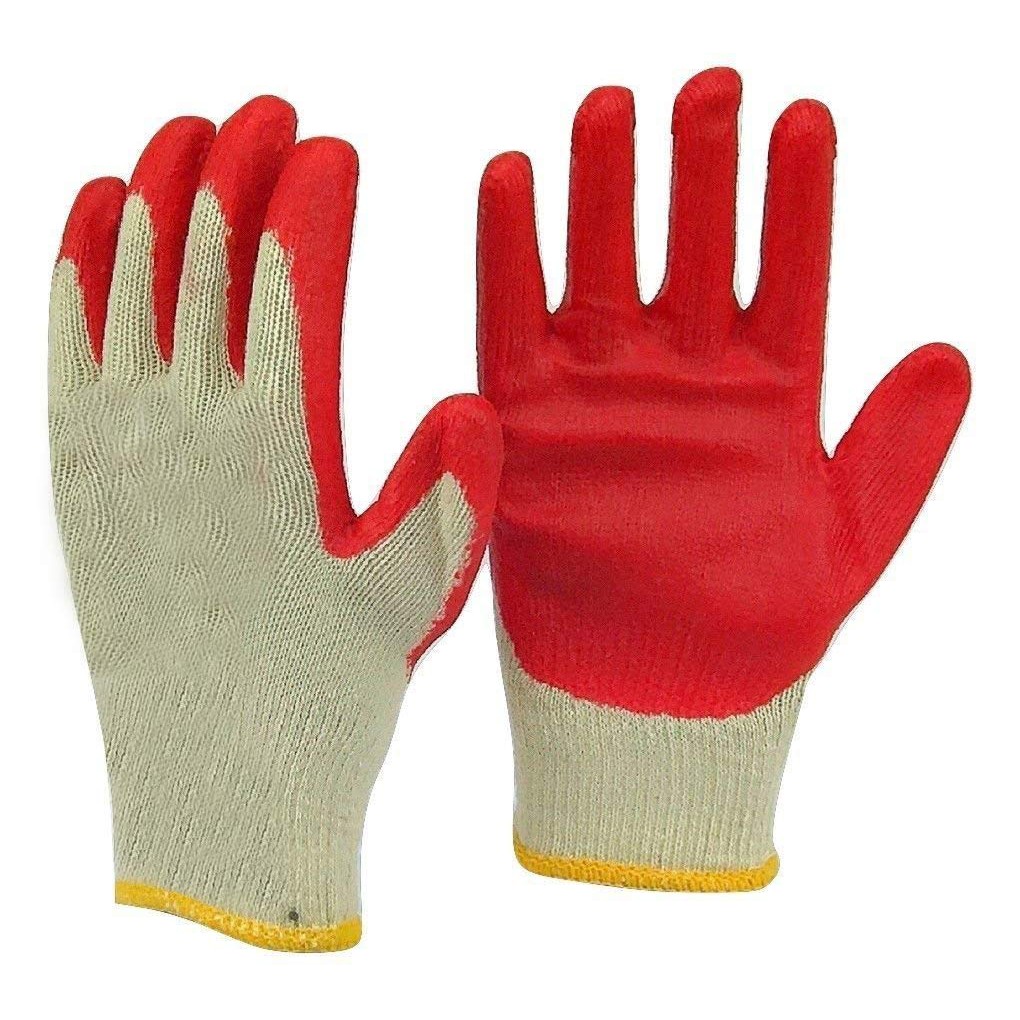Much like boots or safety glasses, work gloves have different features and come in all sorts of shapes and sizes. That makes sense, your hands are complex tools that get used for many, many different tasks. Therefore there are many, many different types of work gloves depending on the job you’re doing and the protection you need.
A construction worker knows this better than most given the variety of tasks required to do every day. Wearing the right gloves for the job is essential to complete the work properly and safely. Having the right work gloves <https://au.rs-online.com/web/c/personal-protective-equipment-workwear/hand-protection/w ork-gloves/> is not desirable, it is vital.
There are many situations in construction work that call for different kinds of protection – there’s no one-size-fits-all approach. Someone who takes their work seriously has different work gloves, each with different features, matched to the task in hand. Literally. Here are some of the key features to consider when buying work gloves.

Use
Ask yourself where you are going to use them – on a job around the house, a home-build, a modest construction site or an industrial sized project? Knowing this, and the kind of tasks you’ll complete on site will help you work out the kind of work glove you’ll need; heavy or light duty, tactical, seamless or something in between. Remember, there’s a lot to choose from.
Size
It’s impossible to overstate how important it is to get the right size. Make sure your gloves are a good fit. If your hands are too tight or slipping inside the glove, you don’t have firm control over your equipment and that can be dangerous.
Dexterity
In construction you need to manoeuvre your hands a lot so check your gloves for dexterity. Can you keep a firm and accurate grip, do they let you do your job properly? If you can’t grab objects, move your fingers and thumbs, open or close your hands easily, then the work gloves are next to useless.
Material
Gloves are made from all sorts of materials – leather, rubber, synthetics – and the right material depends on the job you’re doing. Leather offers a lot of protection but isn’t great when wet. Rubber gives a great grip but can crack and peel over time. Whichever you choose, make sure your gloves have been made with high quality material because the last thing you want is for a glove to give out in the middle of a job. The risk is too great.
Price
Just because the price is right, can you be sure the gloves are? Will they last, will they give you the protection you need, will they do the job? Remember the old adage, buy cheap, but twice.
As you can see, there’s a lot to think about but the more you consider these features, the better work gloves you’ll get. Which is the point, right? Make sure they are fit for purpose and remember that you may need more than one pair – not one size fits all. Above all else, make sure they work best for you.
Read Also
